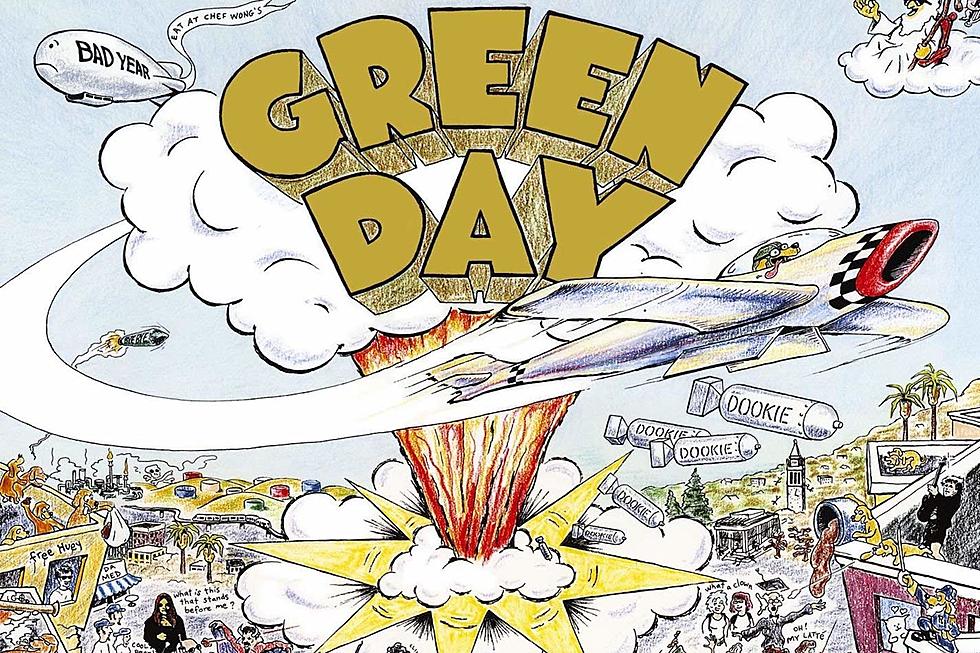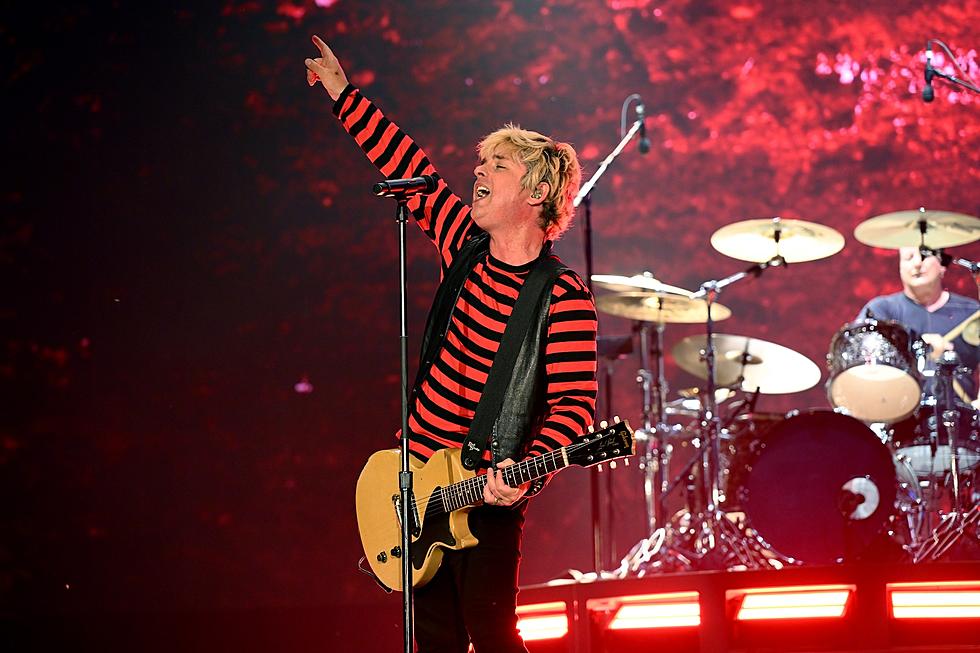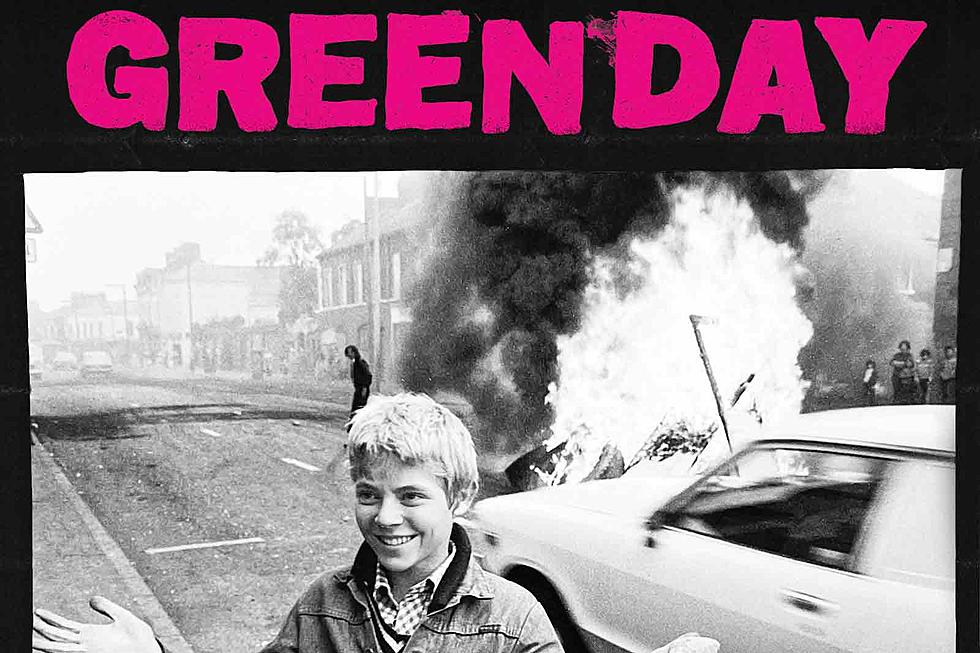
How Green Day Reset Their Career With ‘Dookie’
Up until they released Dookie on Feb. 1, 1994, Green Day were destined for a short, unheralded career as pop-punk never-rans with a pair of indie albums that didn’t make much noise outside of their Berkeley backyard.
But that all changed after they signed with a major label, hooked up with a producer who wasn’t afraid of selling a few records and zeroed in on a set of songs that captured how 97 percent of pot-smoking, masturbating teenage boys spent their day.
Of course, it helped that mainstream music fans were in the middle of a heated love affair with modern rock at the time. But singer, songwriter and guitarist Billie Joe Armstrong’s terrific songs made sure that Green Day would have a longer shelf life than Toad the Wet Sprocket. There’s hardly a dud in in the whole bunch.
Dookie ended up selling more than 16 million copies worldwide and spawning five hit singles, three of which topped the modern-rock chart: "Longview," "Basket Case" and "When I Come Around." The album made it all the way to No. 2 in a year dominated by Boyz II Men and The Lion King soundtrack.
Watch Green Day's 'Basket Case' Video
Green Day didn’t just stick to the tried-and-true pop-punk template on their path to victory. "When I Come Around" shuffled around a snaky rhythm that owed more to bottom-heavy classic rock than tinny punk. And "Longview" pushed the quiet-loud-quiet dynamic into a place that was dominated by more than just churning guitar chords.
Green Day got more ambitious over the years (two rock operas and a trilogy would eventually dominate their catalog), but they never mattered more than they did on their breakthrough record, a pop-punk milestone that still carries massive weight.
Green Day Albums Ranked
More From Ultimate Classic Rock










